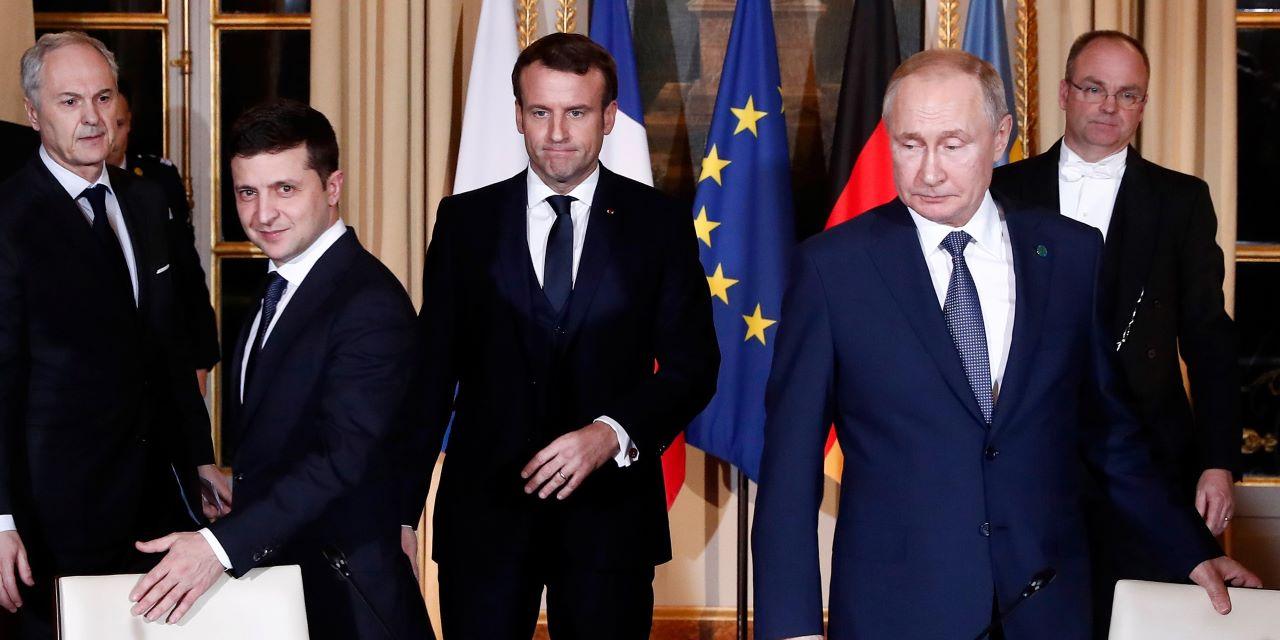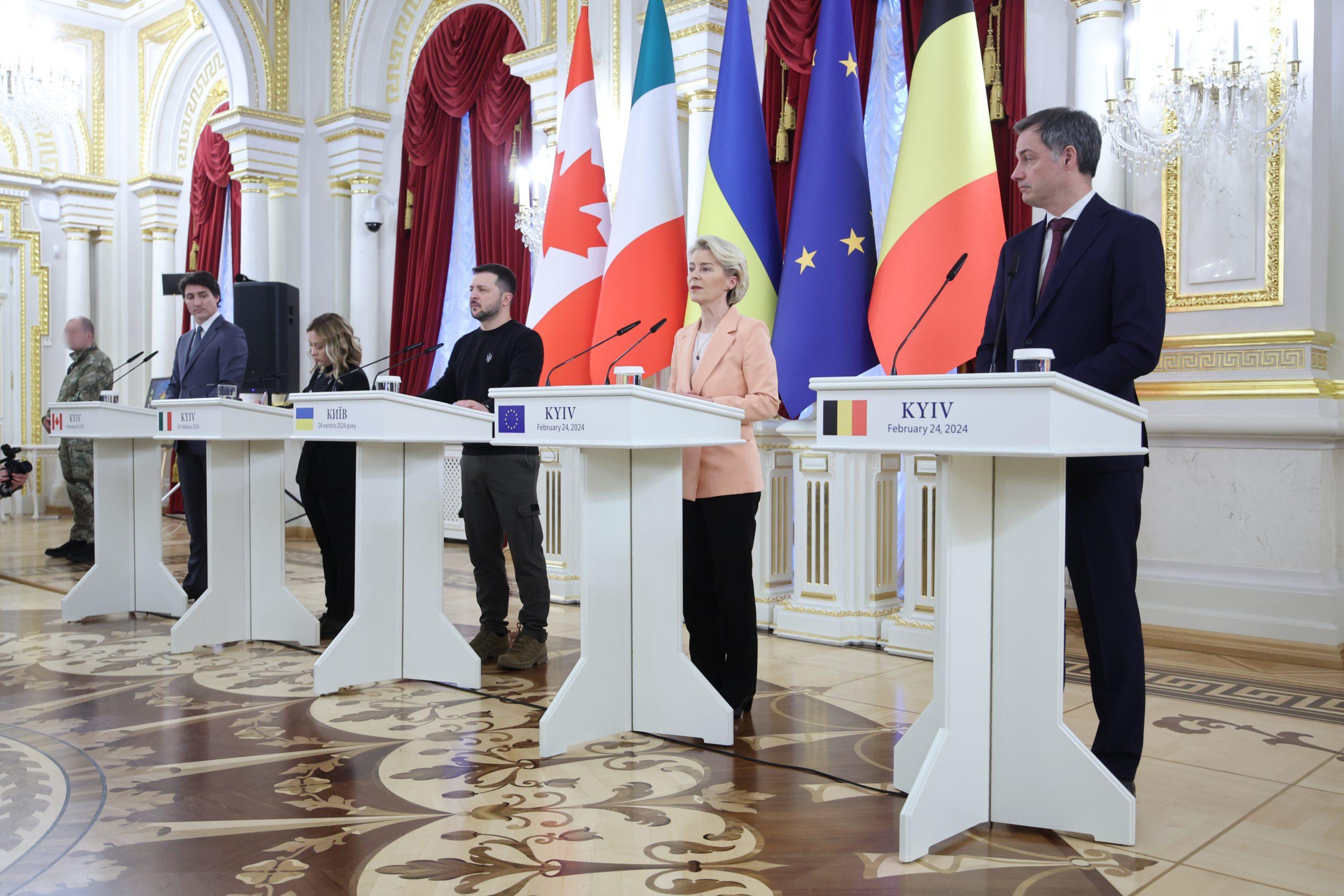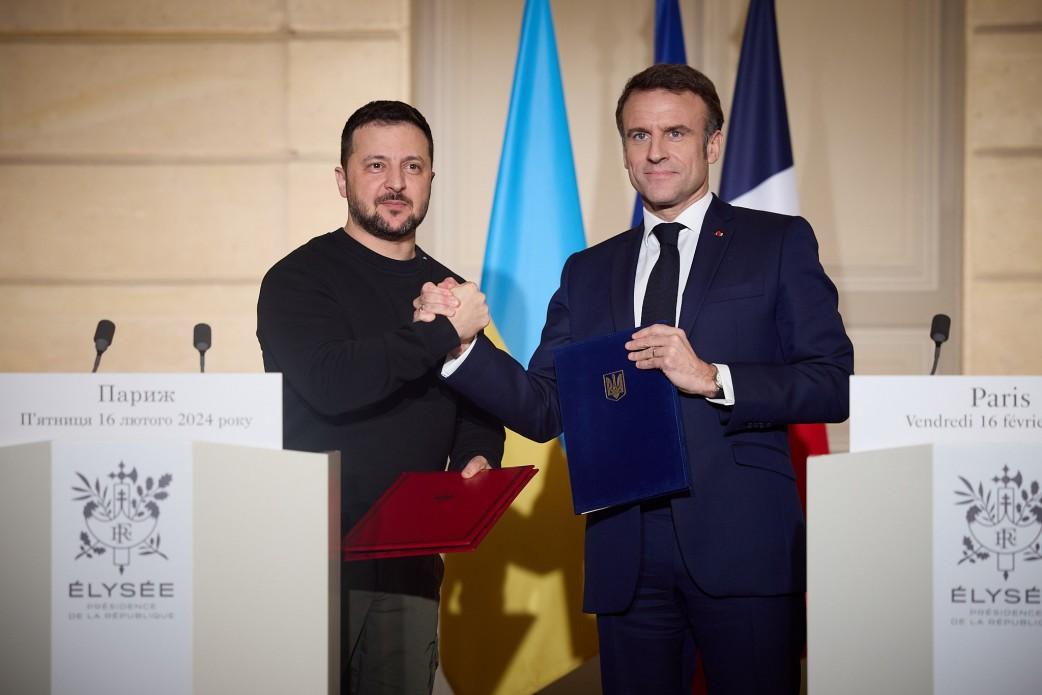Kremlin questions Zelenskyy's legitimacy to gain upper hand in peace talks Strategic move targets political uncertainty
The Kremlin's recent focus on the constitutional status of Ukrainian President Volodymyr Zelenskyy is a strategic manoeuvre aimed at leveraging the political and legal uncertainties surrounding his continued presidency.
Context of Zelenskyy’s presidency
President Volodymyr Zelenskyy’s term officially expired in May 2024. However, the Ukrainian constitution and laws allow him to continue in office until elections can be held, which are currently postponed due to the ongoing war. This legal provision has led the Kremlin to speculate about the Ukrainian president’s legitimacy, casting doubts on his status as a legitimate head of state and thereby influencing the dynamics of any potential peace negotiations.

Kremlin’s strategic objectives
For Russian President Vladimir Putin, dealing with a legitimate Ukrainian president is crucial for imposing his “peace” terms. The Kremlin's narrative suggests that only a successor designated by Ukrainian state institutions would be acceptable for negotiations, potentially facilitating a more favorable outcome for Russia.
By questioning Volodymyr Zelenskyy’s legitimacy, the Kremlin aims to coerce him into negotiations under military duress. This tactic is designed to force Ukraine into accepting territorial losses and other unfavorable conditions, which Moscow deems essential for its strategic objectives.
The Kremlin’s public speculation about Zelenskyy’s status is intended to undermine his authority and political legitimacy. This strategy aims to weaken his position domestically and internationally, making it more difficult for him to maintain a unified front against Russian aggression.
By fostering doubts about Zelenskyy’s legitimacy, Moscow seeks to generate political instability within Ukraine. This could lead to internal divisions, reducing the effectiveness of Ukraine’s resistance and potentially facilitating Russian advances.

Western support for Ukraine
The international community, particularly Western allies, continues to support Zelenskyy as the legitimate president of Ukraine. Any perceived instability or illegitimacy could affect the level and nature of this support, potentially weakening Ukraine’s position in the conflict.
Moscow’s insistence on dealing with a legitimate Ukrainian president gives it diplomatic leverage. By framing Zelenskyy as an illegitimate leader, the Kremlin can argue that any agreements signed with him are void, thus undermining the legitimacy of international efforts to resolve the conflict.
Ukraine’s parliament, the Verkhovna Rada, has reaffirmed Zelenskyy’s legitimacy until elections can be held. This consensus among parliamentary leaders and the majority supports Zelenskyy’s continuation in office, countering Kremlin narratives.
While Zelenskyy faces some opposition within the Rada, his approval ratings remain strong, with recent surveys indicating a solid 60% support. The Kremlin's attempts to exploit divisions within Ukrainian politics have thus far been ineffective.
Negotiations and peace talks
While Moscow has not ruled out negotiations with Zelenskyy, it prefers a successor who might be more amenable to its terms. This ambivalence reflects a calculated approach to keep diplomatic options open while continuing to pressure Kyiv militarily and politically.
If Zelenskyy is coerced into negotiations, it would likely result in terms unfavorable to Ukraine. Such an outcome could tarnish his hero status and provoke a domestic backlash, potentially destabilizing Ukraine further.
The Kremlin’s confidence in its military strategy, coupled with the questioning of Zelenskyy’s legitimacy, suggests a belief that the conflict will eventually turn in Russia’s favor. This calculation could lead to a prolonged war, with continued devastation and instability.

The ongoing conflict and the Kremlin's strategies could escalate tensions further, increasing the risk of broader regional instability and drawing in more international actors.
Conclusion
The Kremlin’s speculations about President Zelenskyy’s constitutional status are a deliberate strategy to undermine his legitimacy, destabilize Ukraine, and gain leverage in potential peace negotiations. By questioning Zelenskyy’s authority and promoting narratives of legal and political uncertainty, Moscow aims to weaken Ukraine's resistance and impose its terms.
The broader geopolitical implications of this strategy highlight the complex interplay of legal, political, and military factors that will shape the future of the Ukraine-Russia conflict. As the situation evolves, the international community's response and Ukraine's internal political cohesion will be crucial in determining the outcome of this high-stakes geopolitical struggle.








